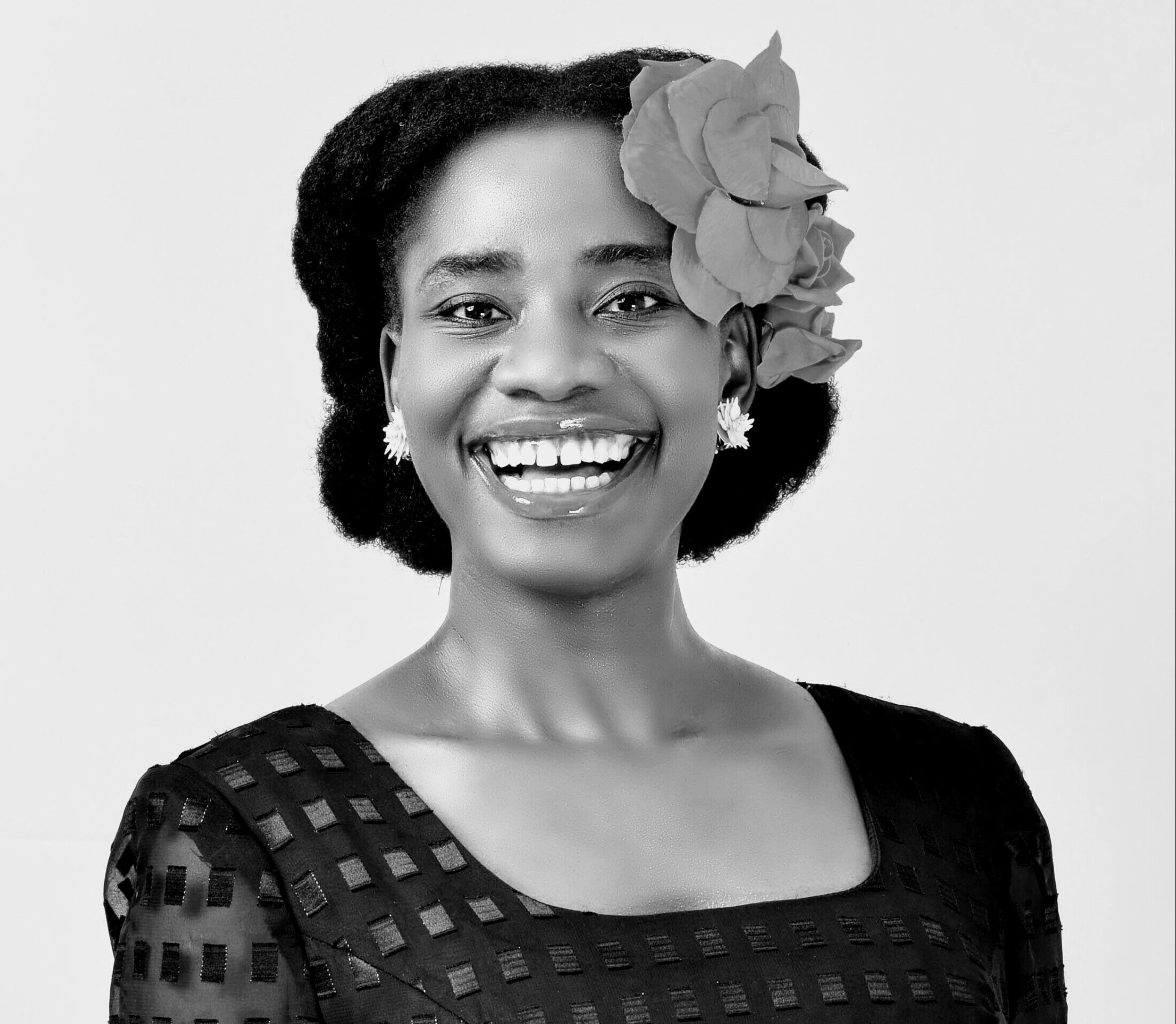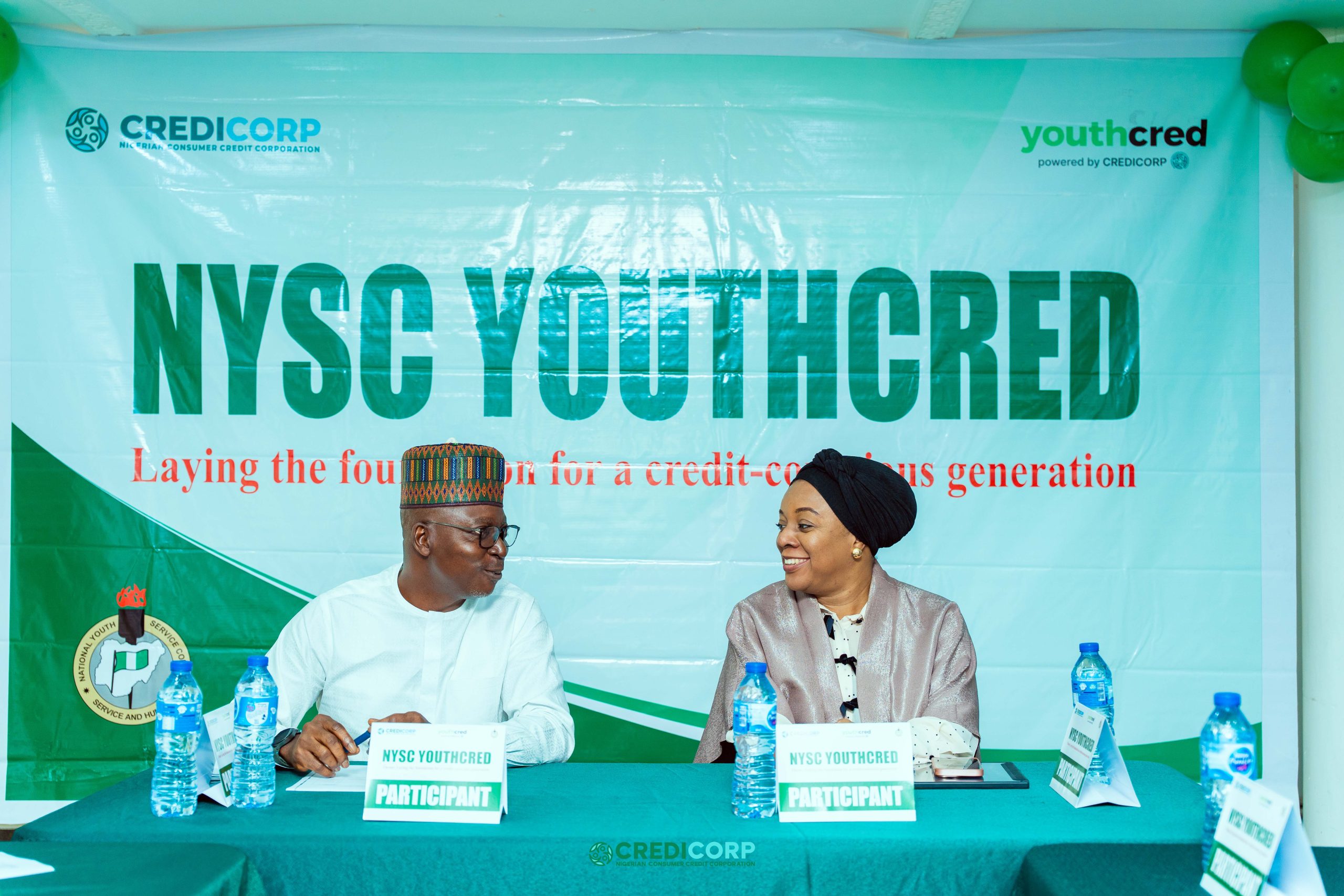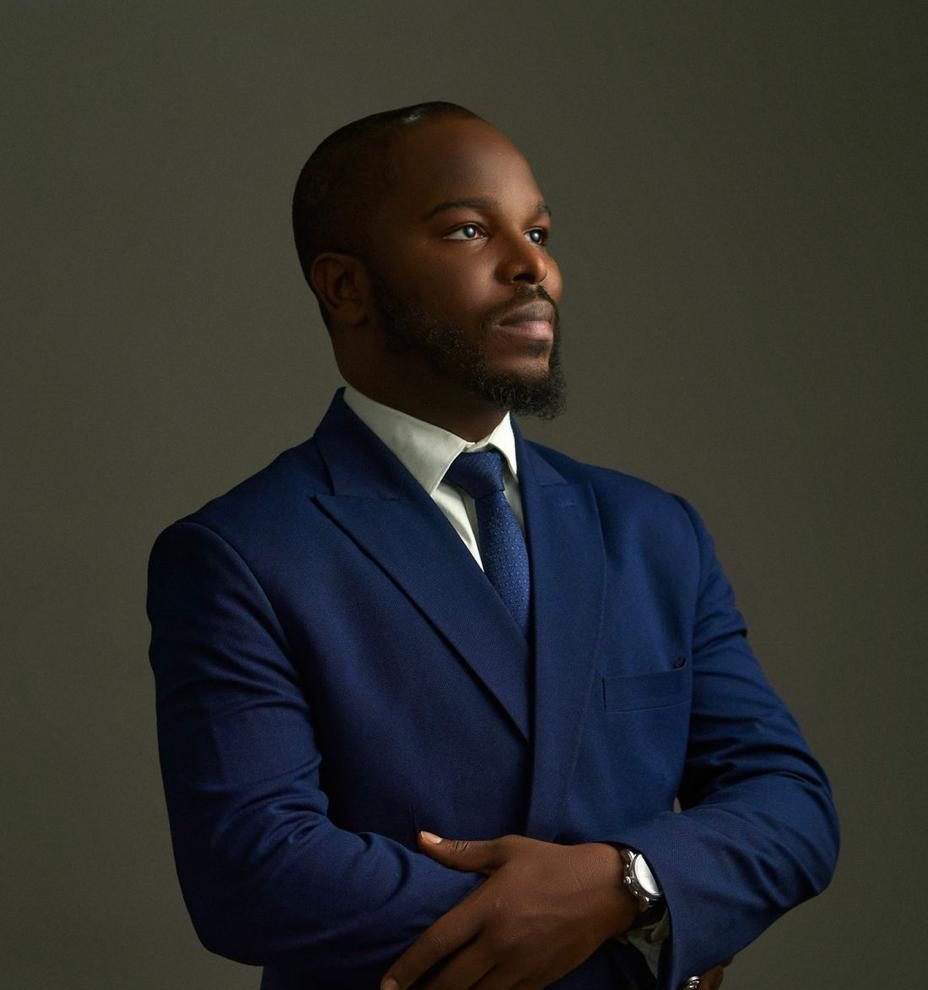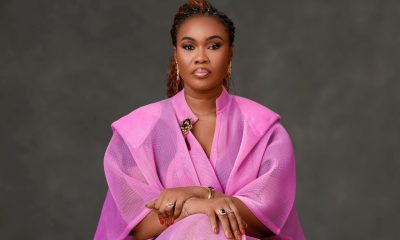Governance
US, Canada, Mexico reach new trade pact

The United States, Canada and Mexico have reached a new trade pact that President Donald Trump has hailed as “a great deal” for all three countries.
The agreement has been rebranded from NAFTA to USMCA, to the satisfaction of Trump, who had railed against NAFTA and threatened to cancel it.
The new pact known as the United States-Mexico-Canada Agreement (USMCA) “solves the many deficiencies and mistakes” in the 24-year-old North American Free Trade Agreement it replaces, Trump said after accomplishing one of his signature policy initiatives.
USMCA “greatly opens markets to our Farmers and Manufacturers” while reducing trade barriers “and will bring all three Great Nations closer together in competition with the rest of the world. The USMCA is a historic transaction!” the president said.
The rewritten deal “will result in freer markets, fairer trade and robust economic growth in our region,” a joint statement from US Trade Representative Robert Lighthizer and Canada’s Foreign Affairs Minister Chrystia Freeland said late Sunday after six weeks of intense talks and more than a year of fraught, broader negotiations.
In the end, Canada and the United States overcame their differences after both sides conceded some ground to reach a deal covering a region of 500 million inhabitants and which conducts about $1 trillion in trade a year.
“It’s a good day for Canada,” Canadian Prime Minister Justin Trudeau said Sunday night.
Mexican Foreign Minister Luis Videgaray tweeted that the deal was good for his country “and for North America”.
The political stakes were high.
Trump, who pursues an “America First” policy on trade, needs to look strong heading into the November midterm elections where his Republican Party is fighting to keep control of Congress.
Trudeau, for his part, did not want to be seen as caving in before next year’s general election in Canada. But on the other hand, it risked being frozen out of a US-Mexican deal reached in August.
The Canadian dollar jumped to a five-month high in Asian trade after initial reports of the agreement, which also helped Tokyo’s benchmark Nikkei index touch a 27-year high on Monday.
“The news about NAFTA gave an extra boost to the market,” said Toshikazu Horiuchi, a broker at IwaiCosmo Securities.
Early Monday a copy of the deal’s 34 chapters was posted on the US Trade Representative’s website.
The pact can now be signed before Mexico’s President Enrique Pena Nieto leaves office December 1, the date that caused the last-minute flurry of activity.
US law requires the White House to submit the text to Congress 60 days before signing — and officials barely made it by the midnight deadline.
In order to reach the deal Canada agreed to open its dairy market further to US producers, and — in return — Washington left unchanged the dispute settlement provisions. (NAN)
Governance
Princess Olatorera Oniru: What If Peter Obi Had Become President of Nigeria?

By: Office of Princess Olatorera Oniru
In the quiet thunder of Nigeria’s political soul, a question still haunts millions: What if Peter Obi had become President?
It all began with a generation demanding more in October 2020- the EndSARS movement surged through the streets of Abeokuta, Lagos, Abuja, Ibadan, Port Harcourt, and across Nigeria like a democratic wildfire. It was a revolution ignited by despair- masses of citizens demanding not only the end of police brutality, but a new political order. Millions, exhausted from injustice, united in unprecedented harmony, ready for change. For a brief moment, Nigeria’s future felt close enough to touch.
But the dream collapsed. Brutally. Devastating hearts and hopes around the world. EndSARS left behind a trail of grief, unanswered questions, and repressed protests. An emotional stab in the nation’s psyche. With no formal political structure behind the movement, its momentum was absorbed by Nigeria’s entrenched systems, and the hopes of reform shifted into the search for a savior.
Comes Peter Obi, a wealthy former governor with a reputation for government fiscal prudence, personal penny-pinching, populist connection and his popular quote “we no dey give shishi.” For many young Nigerians especially those devastated by unemployment, rising prices, and decades of corrupt leadership, Obi was a life savior in the storm. They called themselves the “Obidients.” Their loyalty wasn’t just to a candidate, it was to a symbolic disruption of Nigeria’s political oligarchy.
And the numbers proved it:
In Lagos, long considered a stronghold of the ruling party, Obi won the majority of votes. In Abuja, the Federal Capital Territory, he led decisively. In Anambra, his home state, the support was overwhelming. Millions believe the election was a clear call for a new direction. So, what if Peter Obi had won?
The truth is hereby unrestrained:
Had Peter Obi been declared President, he would have faced the same brutal economic landscape as his successor. An economy ravaged not just by the Buhari regime, but by over six decades of regression, in which he too played a part.
Let’s consider two major economic decisions under the Tinubu administration:
Subsidy removal: Obi has repeatedly stated that he too would have removed the fuel subsidy. Yet this decision, made without foundational reforms, triggered unprecedented hardship and led to the untimely deaths of tens of thousands. When more than 90 percent of the population already endures daily inhumanity, additional suffering is not leadership. It is negligence. Currency unification: Also likely under Obi. This decision destabilized countless businesses. Since 2023, many top companies exited or scaled down: Bolt, Jumia Foods, GlaxoSmithKline, Kimberly-Clark, Diageo (Guinness), Holcim, Equinor, Pick n Pay SA, Okra, Lidya, ShopRite, and more. In the oil sector, Shell and ExxonMobil divested onshore assets.
Obi might have led with a softer tone, greater fiscal caution, and more relatable rhetoric, but the hardship would have remained. During his tenure as Anambra governor from 2006 to 2014, he was praised for budget discipline, yet the state continues to struggle with weak public systems, underdeveloped infrastructure, and one of the lowest GDP per capita rates globally. Despite his wealth and experience, Obi’s record does not reflect transformational national leadership.
Yes, a President Obi could have fostered more trust, better budgeting, and a renewed national spirit. He would likely have been better than Tinubu, but still, maybe not the transformative leader Nigeria desperately needs. Would he have rebuilt institutions? Revived professionalism in the civil service? Strengthened rule of law? Ensured equitable infrastructure nationwide? Maybe. But not certainly.
As we reflect on what might have been and what still must be, we must shift from political emotion to performance-based governance. The Obidients were right to demand change. But lasting change isn’t wished into existence. It is built. Nigeria doesn’t need another messiah. We need builders with bold blueprints, long-term vision, and a proven track record of patriotism, ethics, and deliverables.
As Princess Olatorera Oniru, leadership strategist and development economist, embarks on national engagements ahead of Nigeria’s next elections, she raises these reflections not to dwell on the past, but to challenge the future:
“Nigeria does not need another messiah. We need leaders with the courage to confront hard truths and the competence to deliver lasting transformation. We need visionaries armed not with branded personalities but with bold, executable blueprints for rapid national growth. The revolution we ignited in 2020 did not die with the silence of the protests. It lives on in every citizen still demanding justice, prosperity, and progress. EndSARS Aftermath was not the end. It was a beginning. And Nigeria’s next great turning point is imminent.”
Governance
CREDICORP’s “YouthCred” Kicks Off, Sparking Nigeria’s Largest Credit Intervention for Youth

In his Democracy Day address on June 12, President Bola Ahmed Tinubu made a promise that this July, the Federal Government would launch a credit initiative to impact 400,000 Nigerians – including youth corp members – with consumer credit. Today, that promise comes to life with the official launch of YouthCred, a national initiative under the Nigerian Consumer Credit Corporation (CREDICORP), aimed at empowering young Nigerians with responsible access to credit—starting with NYSC Corps members.
The launch follows the successful Strategic Planning & Debriefing Session of NYSC State Coordinators, where CREDICORP formally signed an MOU with the National Youth Service Corps and trained NYSC officers across all 36 states on the YouthCred platform. This marks a critical institutional alignment between both agencies to deliver credit, not just as financing, but as a tool for economic transformation.
YouthCred is more than a loan program; it is a deliberate act of cultural re-orientation. For decades, credit in Nigeria has been misunderstood, misused, or completely out of reach for young people. This initiative changes that. By combining credit education with structured and affordable access to financing, YouthCred is equipping a new generation to understand credit, use it wisely, and begin building a credit history from an early age. The platform is now live at www.youthcred.com.
The first phase of the initiative targets members of the National Youth Service Corps, who will be required to complete a short digital credit education program before they can access tailored loans for personal and productive needs—whether it’s to relocate, purchase a device, finance training, or fund a small business. For the first time, young Nigerians will not only be able to access credit—they’ll understand how to manage it, repay it, and build trust with the financial system.
With the launch now live for Corps members, the next phase of YouthCred will extend to employed youth, giving entry-level professionals the opportunity to access credit that matches their realities and supports their aspirations. This will be followed by youth-led enterprises, where young entrepreneurs can access the financing they need to grow their ventures and contribute meaningfully to the economy.
YouthCred signals the beginning of a generational shift—one that recognizes that financial trust must be earned early and that the Nigerian youth deserve the tools to thrive. It is a national commitment to economic inclusion, financial discipline, and long-term prosperity. In line with CREDICORP’s mandate to democratize credit and deepen access, YouthCred is setting the stage for a lifetime of financial empowerment for millions of young Nigerians.
The journey has begun. From democracy to dignity, from policy to people—YouthCred is not just a program. It’s a movement.
Governance
BAO Exclusive with Sadiq Rabiu, SA to President Bola Tinubu on Capacity Development

Sadiq Rabiu is a prominent figure in Nigeria, currently serving as the Special Assistant to President Bola Tinubu on Capacity Development. As the Special Assistant to the President, Sadiq plays a crucial role in shaping Nigeria’s capacity development policies. His experience as a serial entrepreneur has equipped him with the skills to drive growth and innovation in Nigeria. Sadiq Rabiu is a multifaceted individual who has made significant contributions to Nigeria’s development. In this exclusive interview with Alaba Ayinuola of Business Africa Online (BAO), Sadiq speaks on his appointment, capacity development, his work at CDTIN, IWD 2025, equity advocacy and much more. Excerpts.
Alaba: Congratulations on your appointment! How did you feel when you heard the news of your appointment by the President?
Sadiq: Thank you! I was deeply honored and grateful when I received the news of my appointment by the President. His unwavering commitment to capacity development and economic growth in Nigeria inspires me. This role presents a unique opportunity to contribute to his vision and positively impact our communities. I am excited to work alongside dedicated professionals who share a common goal of empowering our citizens.
Alaba: Can you share your background and experience in capacity development, particularly in the Nigerian context?
Sadiq: I have had the privilege of leading nationwide training initiatives across various sectors, including hospitality, agriculture, technology,oil and gas and vocational skills. My experience has provided me with a comprehensive understanding of the unique challenges and opportunities within Nigeria. This is not my first time as a Special Adviser, I used to be the Special Adviser to the Hon. Minister of Art, Culture, Tourism, and the Creative Economy.
I made an impact in the ministry and plan to show how much the President cares about Nigerians through this appointment. By collaborating with local communities and stakeholders, I have developed tailored programs that address specific needs, ensuring that our initiatives are relevant and impactful. The programs we have cut across the nation and you would soon start hearing more about it.
Alaba: What are the current capacity development challenges facing Nigeria, and how do you think your skills and experience align with this role?
Sadiq: Nigeria faces several capacity development challenges that significantly impact our economic landscape. Key issues include a skills gap in the workforce, limited access to quality education, and insufficient vocational training opportunities. According to the National Bureau of Statistics, while Nigeria’s unemployment rate fell to 4.3% in Q2 2024, reversing a rising trend observed since Q2 2023, the underemployment rate remains at 9.2%.
Additionally, the gender disparities in employment are striking, with the female unemployment rate at 5.1% compared to 3.4% for males, highlighting the urgent need for targeted interventions to empower women in the workforce.
Rural and urban employment dynamics also present unique challenges. Rural residents enjoy a lower unemployment rate of 2.8%, while urban residents face 5.2%, influenced by rural-urban migration and rapid urbanization. This disparity calls for strategies to enhance job opportunities in urban areas while simultaneously supporting rural economic development.
Moreover, the correlation between education and employment is telling; individuals with no education or only primary education have lower unemployment rates than those with secondary education. This underscores the critical importance of post-secondary education in improving employment outcomes and highlights the need for robust human capital development initiatives.
My extensive experience in designing and implementing training programs equips me to identify these gaps and develop effective strategies to bridge them. I am committed to leveraging my background to create sustainable solutions that align with the President’s vision of a skilled and empowered population, addressing these pressing challenges and fostering a more equitable and prosperous Nigeria.
Alaba: Could you share your capacity development strategy for Nigeria, and what metrics or KPIs would you use to measure success?
Sadiq: My capacity development strategy for Nigeria is anchored in the mandate for my office which aims to empower individuals and organizations with the skills and resources necessary for sustainable development. Our vision is to build a resilient and skilled society where everyone, regardless of their socio-economic background, has access to opportunities for growth and leadership.
Key Components of the Strategy
- Holistic Approach: The CDTI encompasses education, vocational training, and industry partnerships, ensuring that our programs address critical challenges such as skills gaps, high unemployment, and barriers faced by marginalized groups, including women and persons living with disabilities.
- Tailored Training Programs: We will implement structured training programs that include workshops on leadership and governance, digital literacy, entrepreneurship, and vocational skills. By conducting comprehensive needs assessments, we can tailor these programs to meet the specific requirements of diverse target groups, including young people, civil servants, law enforcement, smallholder farmers, and SME owners.
- Inclusivity and Accessibility: Creating an inclusive learning environment is paramount. We will focus on empowering women and providing accessible training for persons living with disabilities, ensuring that all individuals can participate fully in the development process.
Alaba: What role do you think capacity development plays in driving economic growth and development in Nigeria?
Sadiq: Capacity development is essential for driving economic growth and development in Nigeria. By enhancing the skills and capabilities of our workforce, we not only improve individual livelihoods but also foster a more innovative and competitive economy. The President understands that a skilled population is the bedrock of sustainable development, and I am dedicated to advancing this vision through targeted capacity-building initiatives.
Alaba: Can you describe your experience working with government officials, development partners, and other stakeholders to drive capacity development initiatives?
Sadiq: I have successfully collaborated with various government officials, development partners, and stakeholders to implement capacity development initiatives. This collaboration has allowed us to align our efforts with national priorities and ensure that our programs are effective and sustainable. I believe that building strong partnerships is crucial for maximizing impact, and I am committed to continuing this collaborative approach in my new role.
Alaba: Can you give an example of a successful capacity development initiative you’ve led or been a part of, and what results were achieved?
Sadiq: One notable initiative I led focused on enhancing vocational training in rural communities. By partnering with local organizations and leveraging government resources, we developed a curriculum that resulted in a 40% increase in employment rates among participants within six months. This success demonstrates the potential of targeted capacity development efforts and aligns perfectly with the President’s goal of reducing unemployment and empowering communities.
Alaba: How do you ensure that capacity development initiatives are aligned with national development priorities and goals?
Sadiq: To ensure alignment with national development priorities, I engage in regular consultations with government officials, industry leaders, and community representatives. By understanding the President’s vision and the specific needs of our citizens, I can design initiatives that directly support our national goals. This collaborative approach ensures that our capacity development efforts contribute to a stronger, more resilient Nigeria.
Alaba: How are you driving equity advocacy, especially at CDTIN?
Sadiq: As the Special Adviser to the President on Capacity Development, I firmly believe that Equity Advocacy is essential for fostering an inclusive society where everyone has the opportunity to thrive. My mandate includes creating opportunities for all Nigerians including women to develop themselves. Equity Advocacy involves actively promoting fairness and justice in various sectors, ensuring that marginalized groups, particularly women, have equal access to resources, opportunities, and decision-making processes.
Alaba: Lastly, what is your view on this year’s International Women’s Day 2025 and advice for women?
Sadiq: This year’s International Women’s Day (IWD) theme, “Accelerate Action,” resonates deeply with our mission. It serves as a reminder that while progress has been made, we must intensify our efforts to achieve true gender equality. The call to action is clear: we cannot afford to wait another generation for equity to be realized.
Advice for Women
My advice for women is that I appreciate and respect women for their role in our society and believe that they play an important role in shaping our future. If I could give a few snippets of advice to women, I would draw from all the experience I have in business, life and politics. Don’t wait for opportunities to come to you. Actively seek them out and create your own pathways to success. Engage with other women and supportive allies, as networking can open doors and provide invaluable support
-

 Oil and Gas2 days ago
Oil and Gas2 days agoTotalEnergies, Chevron Push for Faster Permits, Better Seismic Data in Africa
-

 Afripreneur12 hours ago
Afripreneur12 hours agoRevolutionizing Cross-Border Payments in Africa: An Exclusive Interview with Onyinye Olisah
-

 Energy2 days ago
Energy2 days agoUnited States (U.S.) Political Will, African Reforms Signal New Era for Energy Investment

















